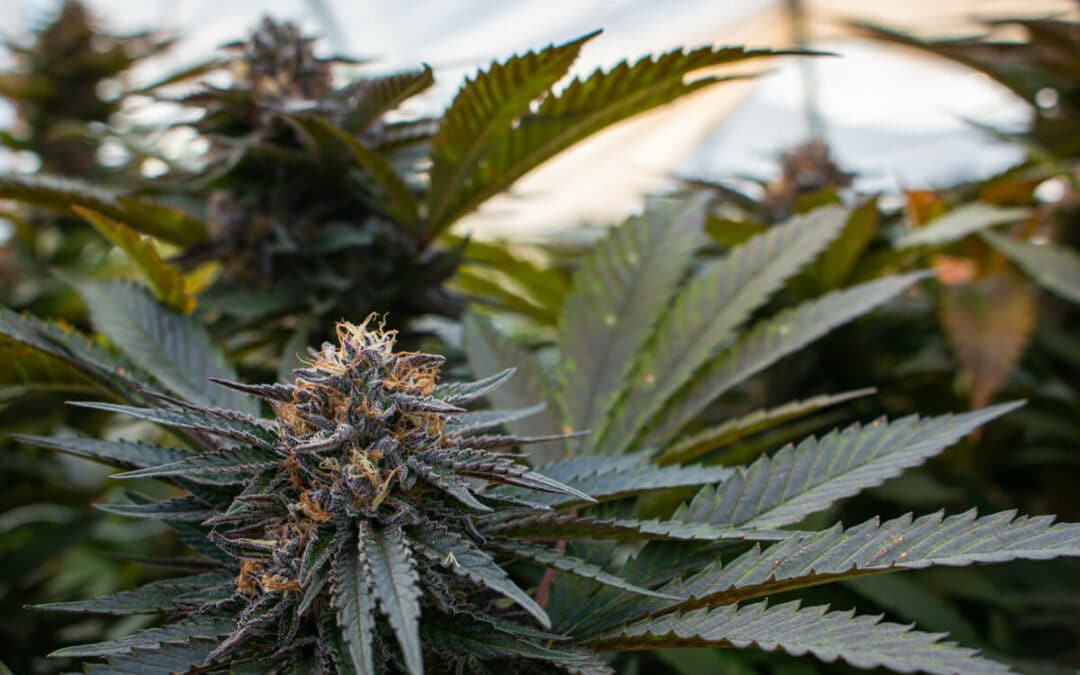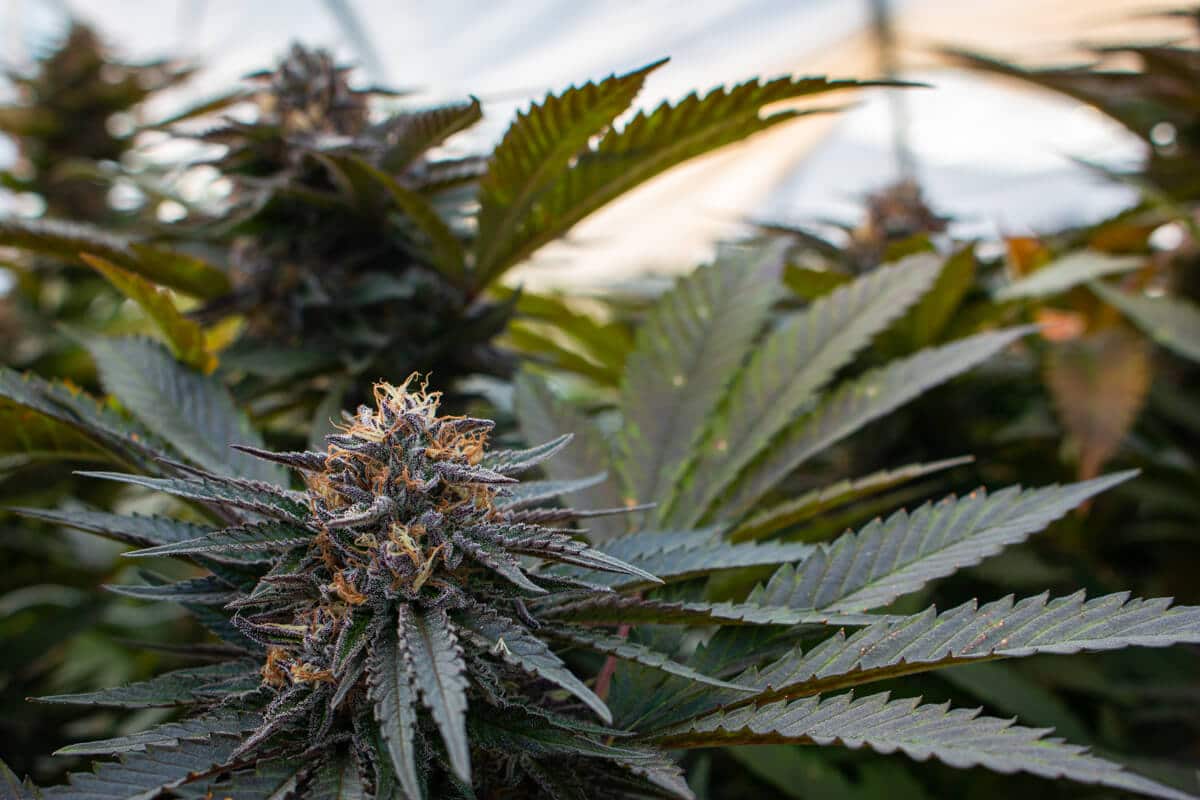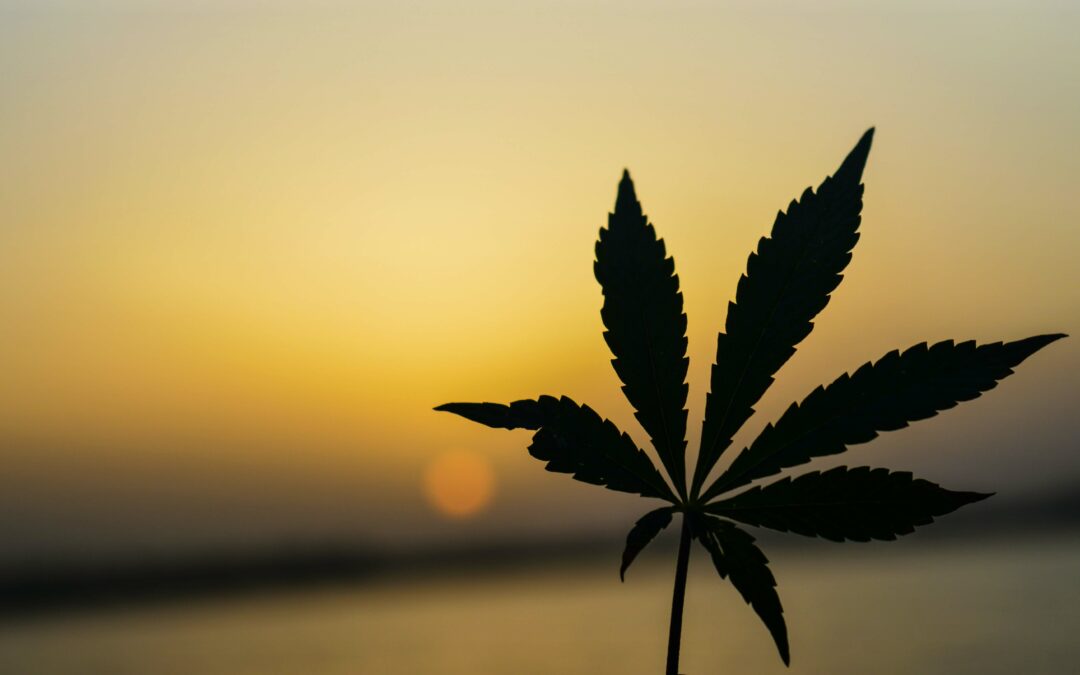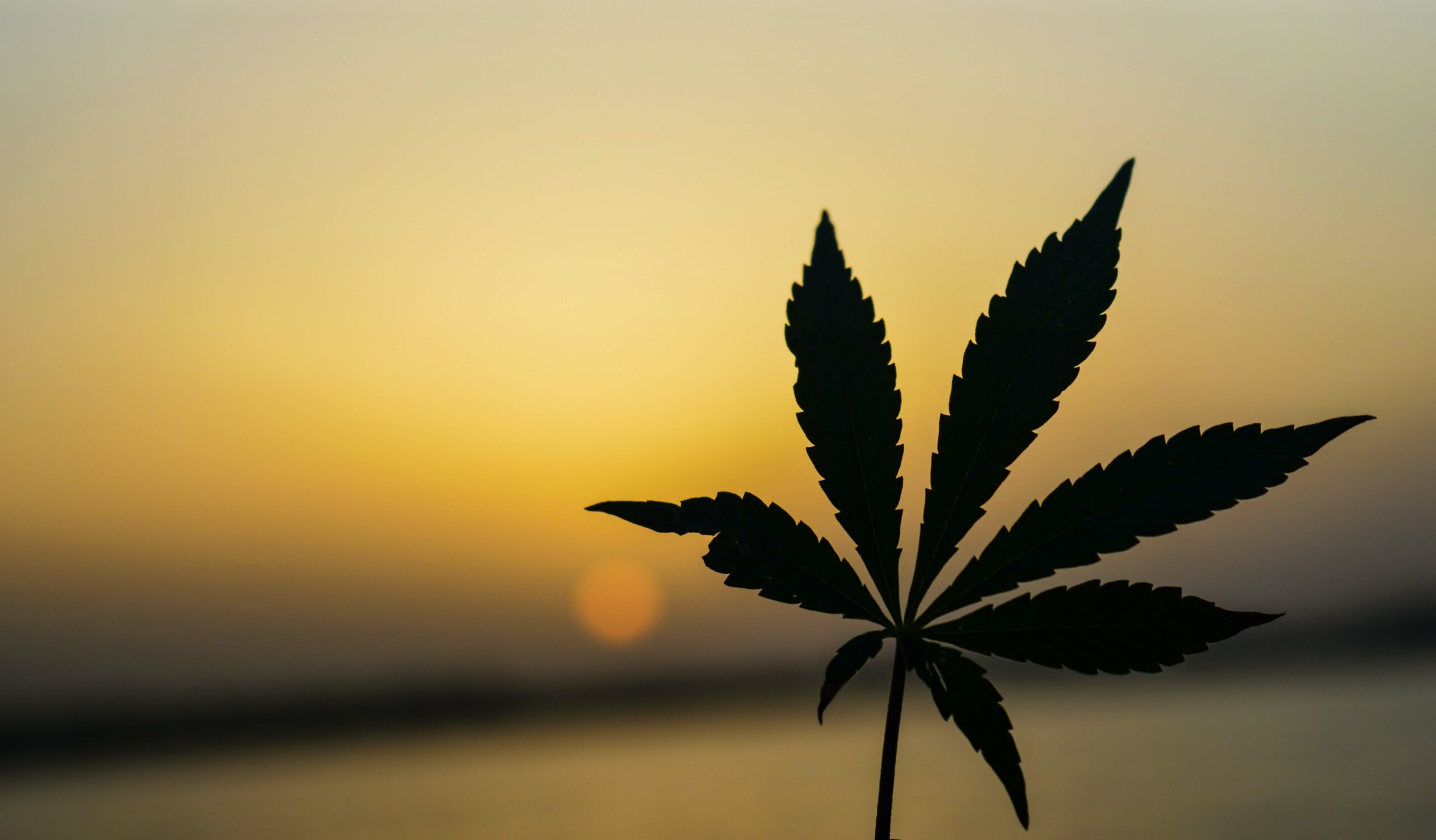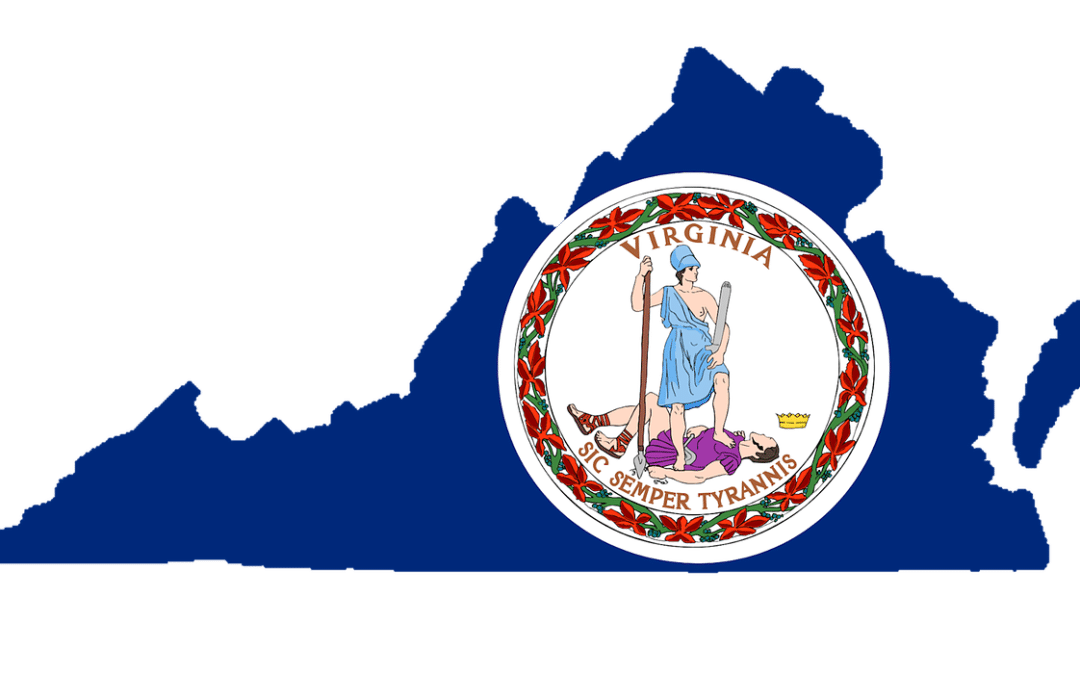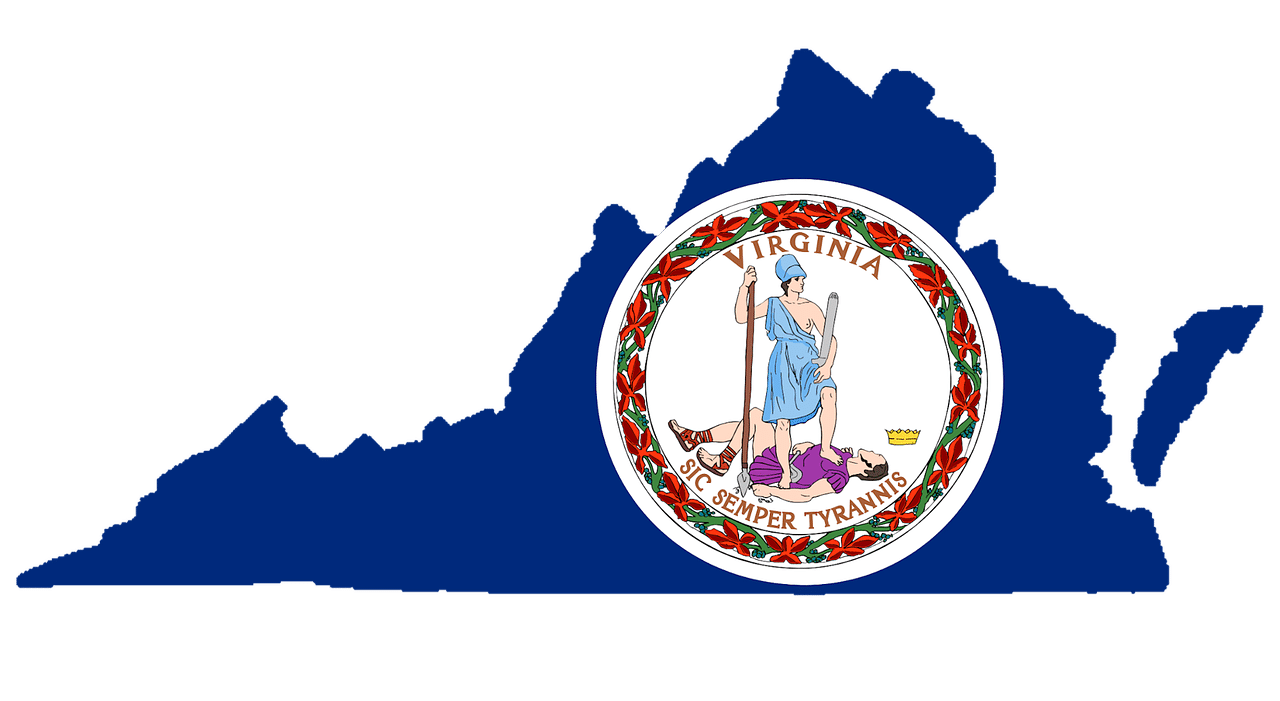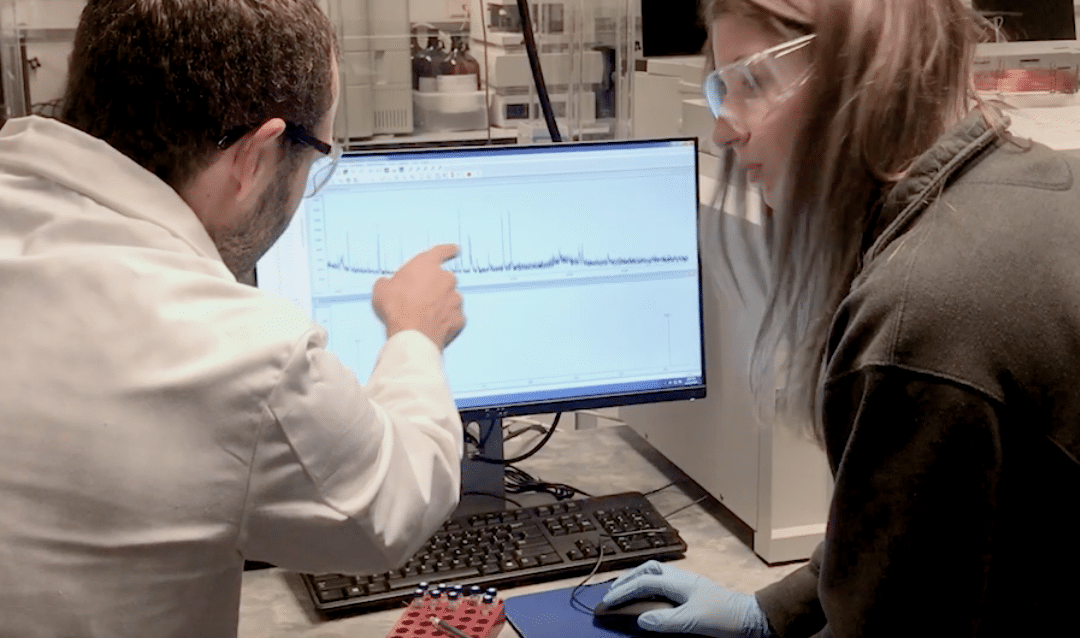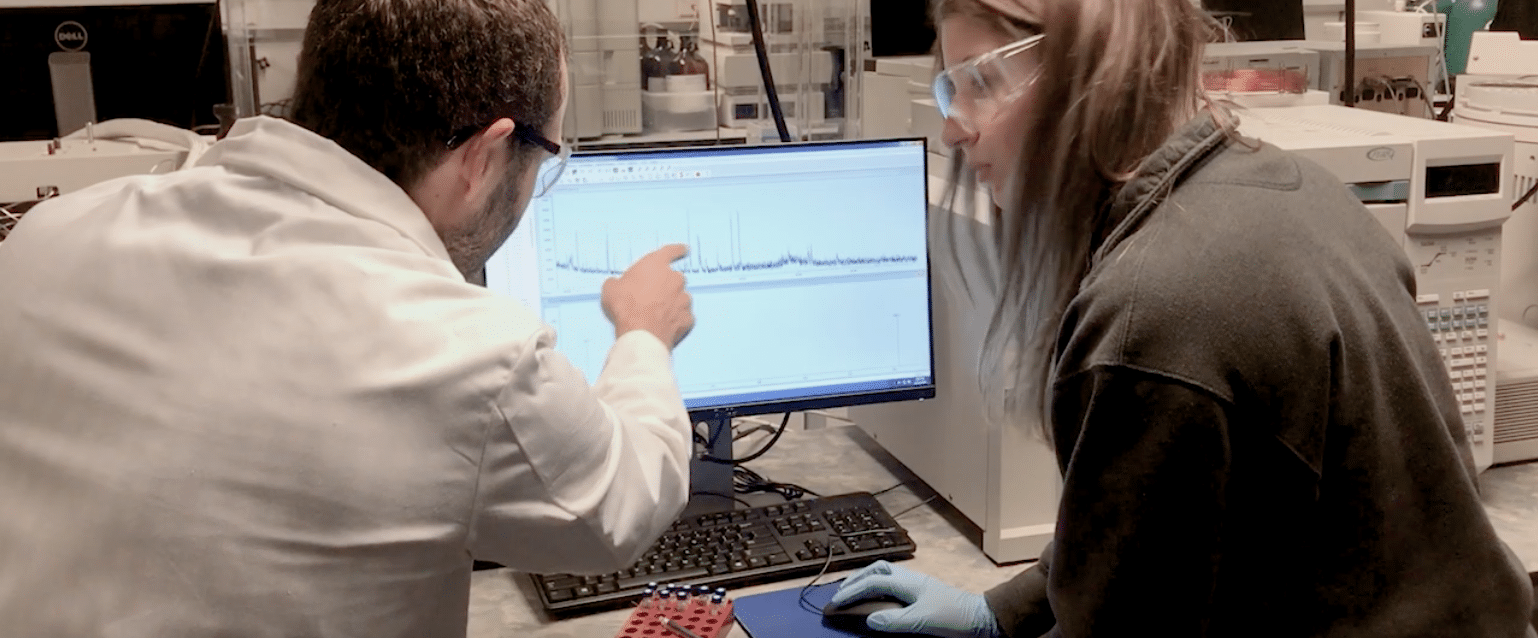
Pa. cannabis legalization remains unlikely as neighboring states go for it

New Jersey. New York. Virginia.
One by one, Pennsylvania’s neighbors are moving to legalize recreational cannabis for adults. There’s majority support for doing the same thing here: A March poll from Franklin & Marshall College showed 59% support among registered voters for legalization.
And after years of saying he wouldn’t endorse such a move, Gov. Tom Wolf changed his position in 2019 and has committed to signing a bill if it reaches his desk.
But in order for that to happen, the idea would need to gain backing among the Republican lawmakers who control both the state House and Senate.
House Speaker Bryan Cutler (R., Lancaster) opposed medical cannabis when it passed in 2016 and said in 2019 that legalization wasn’t the “right move in helping the thousands of Pennsylvanians who are battling drug addiction.”
More recently Cutler’s chief of staff told PennLive it wasn’t a priority, as the state continued to grapple with the coronavirus pandemic, while a spokesperson for House Majority Leader Kerry Benninghoff (R,., Centre) told the York Daily Record in February there isn’t support within the caucus.
Senate President Pro Tempore Jake Corman (R., Centre) in 2018 called the idea “reckless and irresponsible,” though last fall he signaled the chamber was open to vetting a proposal — but not at that time.
Democrats in the chamber, as they have in past sessions, are still pushing for legalization, but with one major difference this spring — a Republican sponsor.
That lawmaker is Sen. Dan Laughlin of Erie County. When asked by Spotlight PA why he thinks Pennsylvania hasn’t moved toward legalization, he said many of his colleagues represent districts that don’t support recreational cannabis.
“So, you know, I don’t hold it against any fellow Republicans for not wanting to just jump out of the gate and co-sponsor the bill, because, for the most part, I think they’re trying to represent their districts,” Laughlin said.
A report based on observations and anecdotes from Lt. Gov. John Fetterman’s 2019 listening tour of Pennsylvania’s 67 counties found that people were concerned about “an increase of people driving under the influence.” One working paper by a group of economists found that fatal crashes involving a driver who tested positive for THC had increased nationwide but did not appear to be related to legalization.
People, according to Fetterman’s report, were also concerned about “cannabis acting as a ‘gateway’ drug.” That’s a long-standing anxiety and complex topic. While some people who use cannabis may also use other drugs, there isn’t definitive proof that cannabis is the cause.
The issue is simple to Tsehaitu Abye, a cannabis entrepreneur and founder of Philadelphia’s Black Dragon Breakfast Club, a cannabis marketing firm: Once the financial scales tip in favor of legalization — rather than the industries that oppose it — it will happen.


